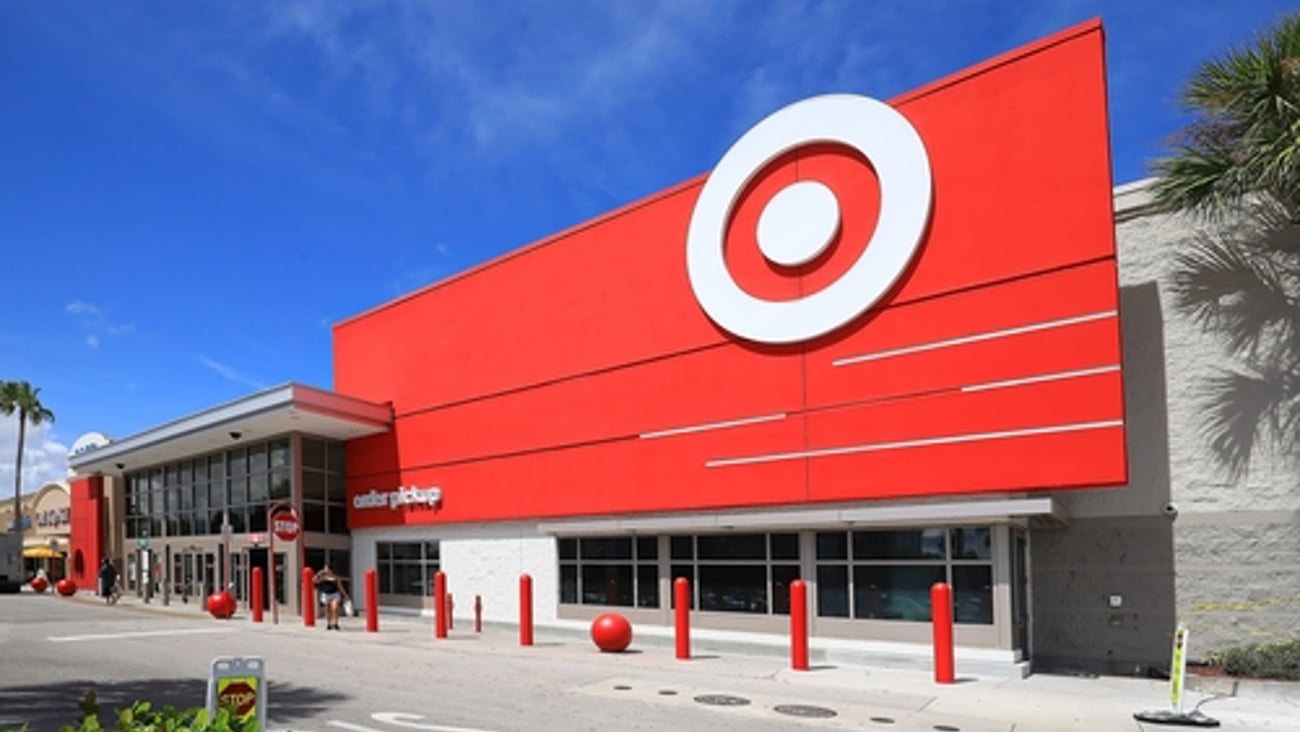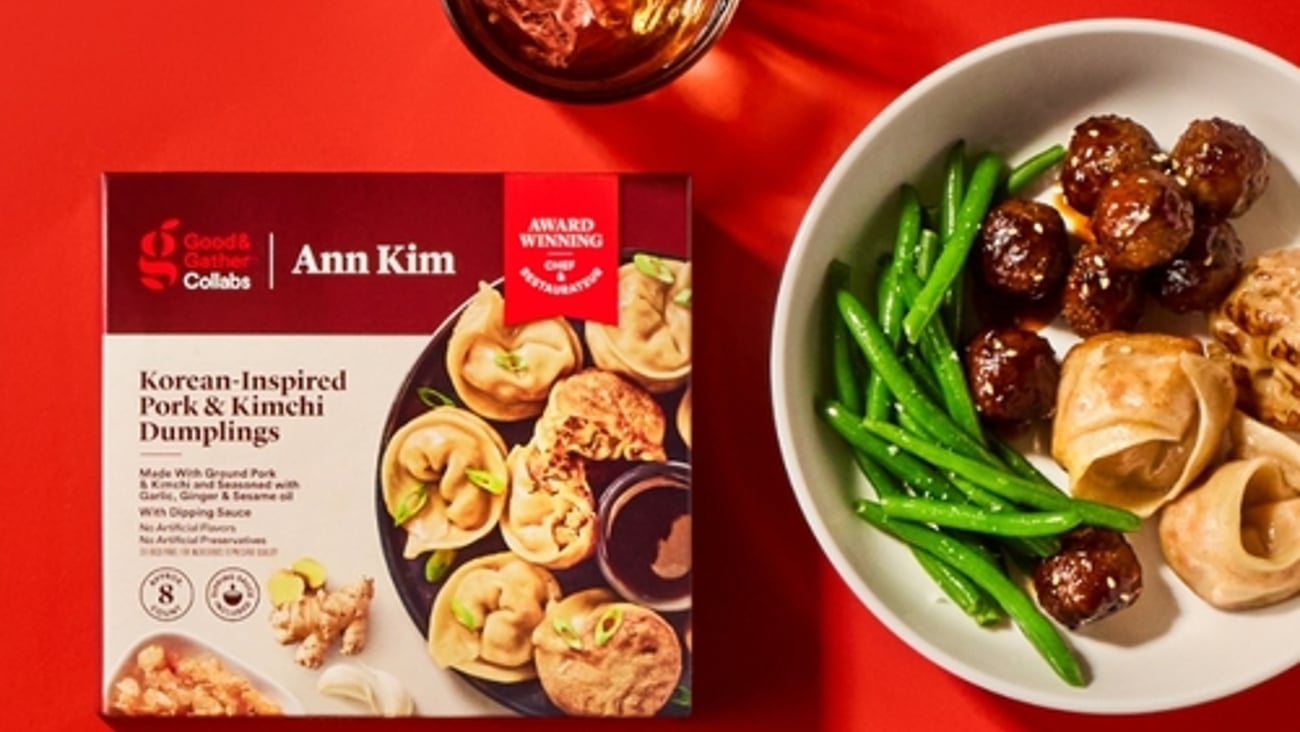A sweet and tangy opportunity
The other day my sister came over to my house for barbecue.
I don’t usually invite my sister over for cookouts because she is picky about her barbecue. No one can smoke a brisket or grill a chicken or char a steak like she can (or so she thinks). But I invited her over for some grilled wings and burgers anyway.
After dinner was over, my sister, the self-professed barbecue snob, gasped, “Where did you find that amazing barbecue sauce for the chicken?”
“Albertsons,” I told her. The sauce I had used was Albertsons’ Signature Select Sweet & Tangy Bourbon Barbecue Sauce.
“We don’t have Albertsons in Florida. How do I get some?” she asked. I had no answer for her. Which got me thinking about the opportunity that grocery retailers have in showcasing and selling their private brands online.
Many retailers already do this; Cincinnati-based The Kroger Co. and San Antonio, Texas-based H-E-B are good examples. But many more retailers, especially traditional grocers, do not, and it’s a missed opportunity.
“Projections suggest that the e-commerce private label market will quadruple in the next five years as a result of the widespread use of smartphones, improved online interfaces and mobile apps, as well as an expansion of crowd-sourced business models to meet growing shopping and delivery demand,” Steven Howell, solutions sales consultant at Nottingham, England-based Solutions for Retail Brands Inc., told Store Brands sister publication Progressive Grocer recently.
According to Howell, e-commerce has the potential to be a great tool to expand exclusive product offerings and create more brands to be sold exclusively online. And doesn’t it make sense? If my sister could go to Albertsons.com and order that barbecue sauce, she would. (Albertsons recently launched the Albertsons Digital Marketplace at marketplace.albertsons.com in part for hand-crafted and hard-to-find items, but the sauce is not yet available there.) And who knows what else she would buy on Albertsons.com that she wouldn't buy from her local grocer or Target, etc.
One food retailer leveraging this opportunity is Boxed.com, which sells private brand and branded bulk groceries online. This summer Boxed is showing grocers how private brands can have a robust online presence. The company offers a grocery private label line called Prince & Spring that has garnered much loyalty from shoppers. This summer Boxed did something that most traditional grocers might not have thought of: It launched an Instagram account for the private brand.
“A brand leverages every touchpoint to establish meaningful connections with its customers,” says Jeff Gamsey, senior vice president of private brands at Boxed. “One way we hope to accomplish that is by using social media to augment the story of Prince & Spring in a more compelling fashion. Launching a dedicated Instagram account provides new ways for us to showcase products, design and other topics that are important to the brand in an aesthetically pleasing way.”
Boxed says it is using Instagram as a channel to communicate sales and promotions for its private brand, and the strategy is working. The company says it sees immediate spikes in follower engagement after posts, especially those with recipes. Additionally, the retailer’s #StellarHour posts — which feature cocktail recipes made with Prince & Spring Stellar Seltzer — have become an effective way to showcase the versatility of the product.
But beyond Instagram accounts and viral recipe videos, why can’t my sister go to Albertsons.com and order the Signature Select barbecue sauce?
Grocery retailers looking for an edge in the omnichannel race should speed up their grocery infrastructure so they can showcase and sell their private brands online, even in markets where they do not have physical stores.







